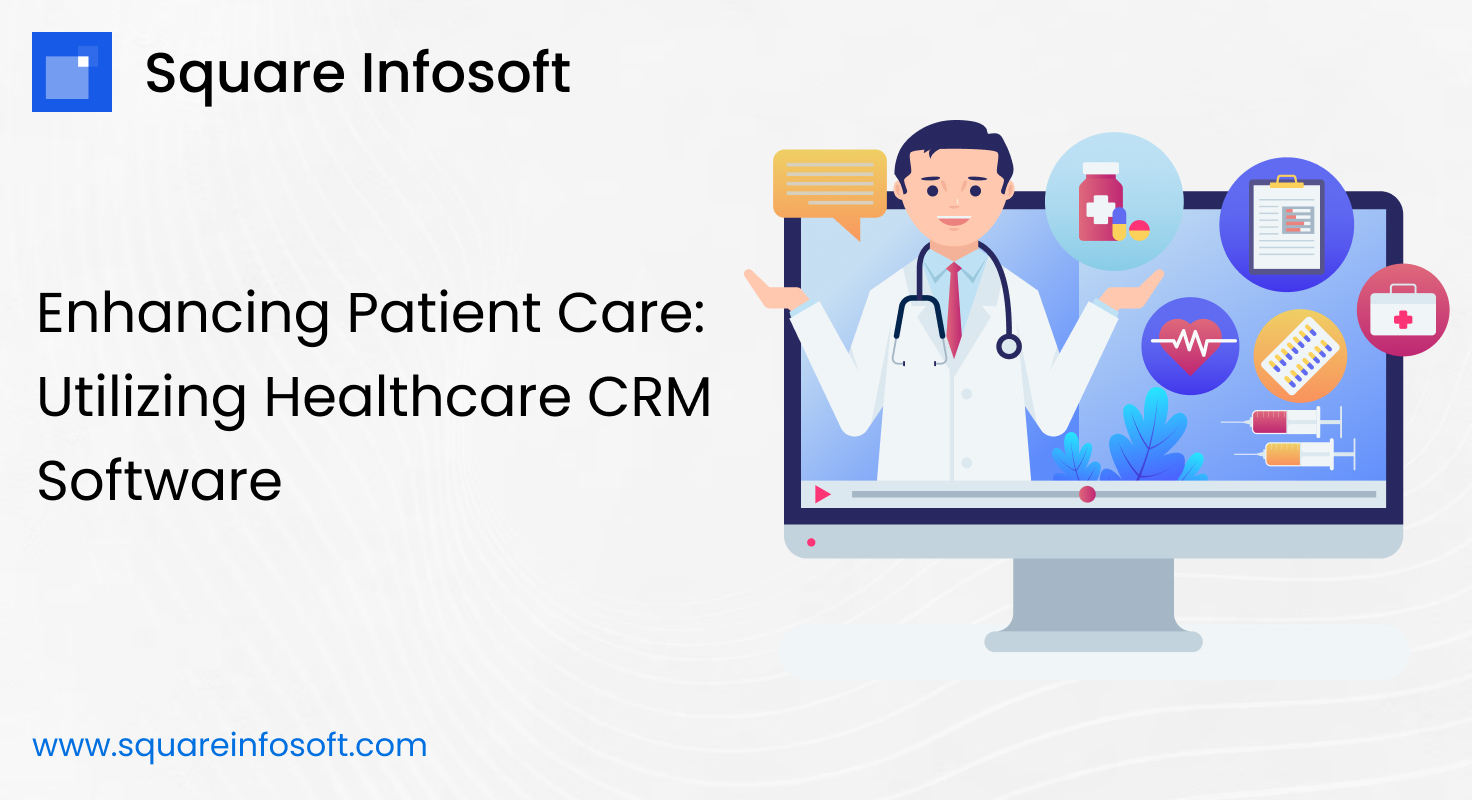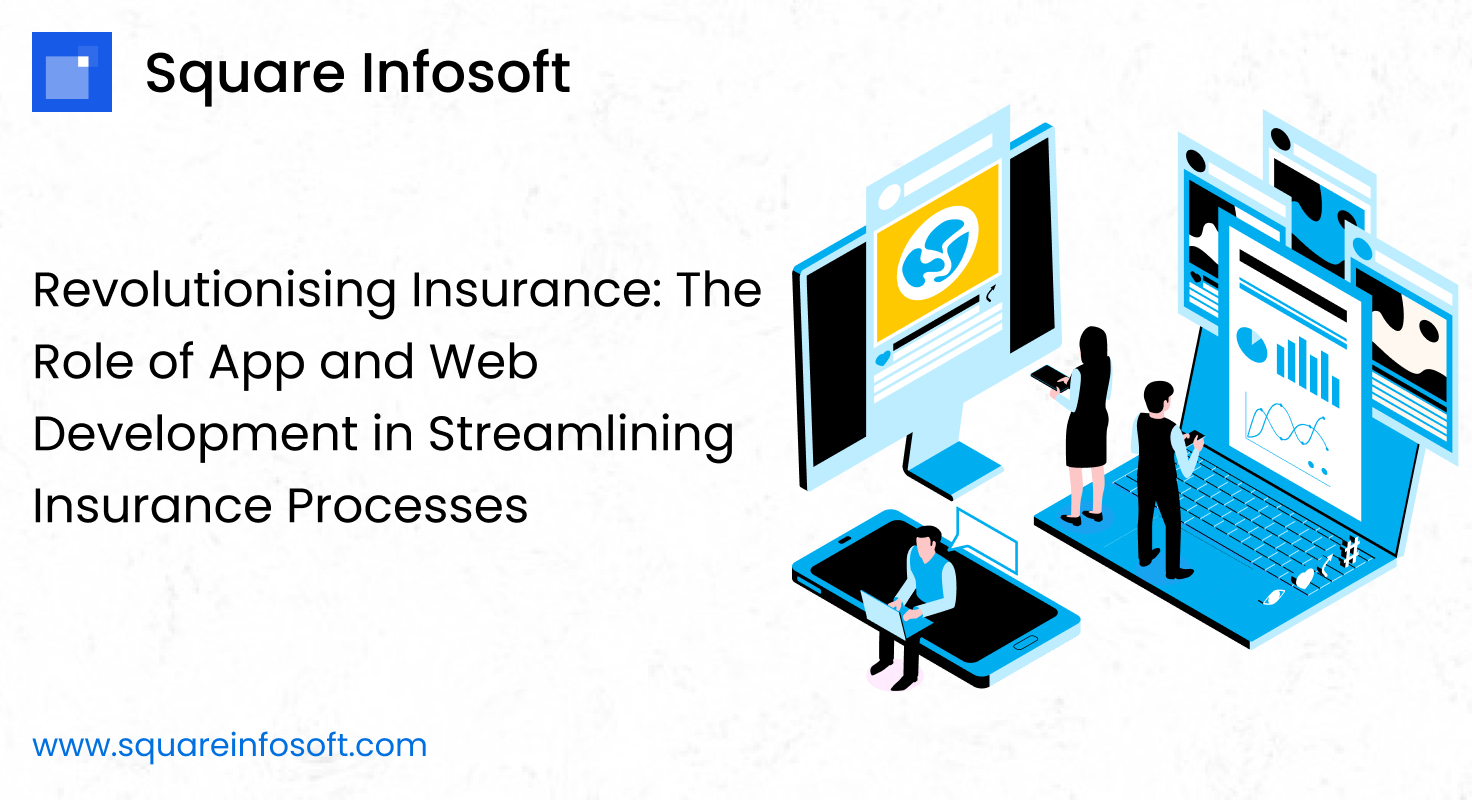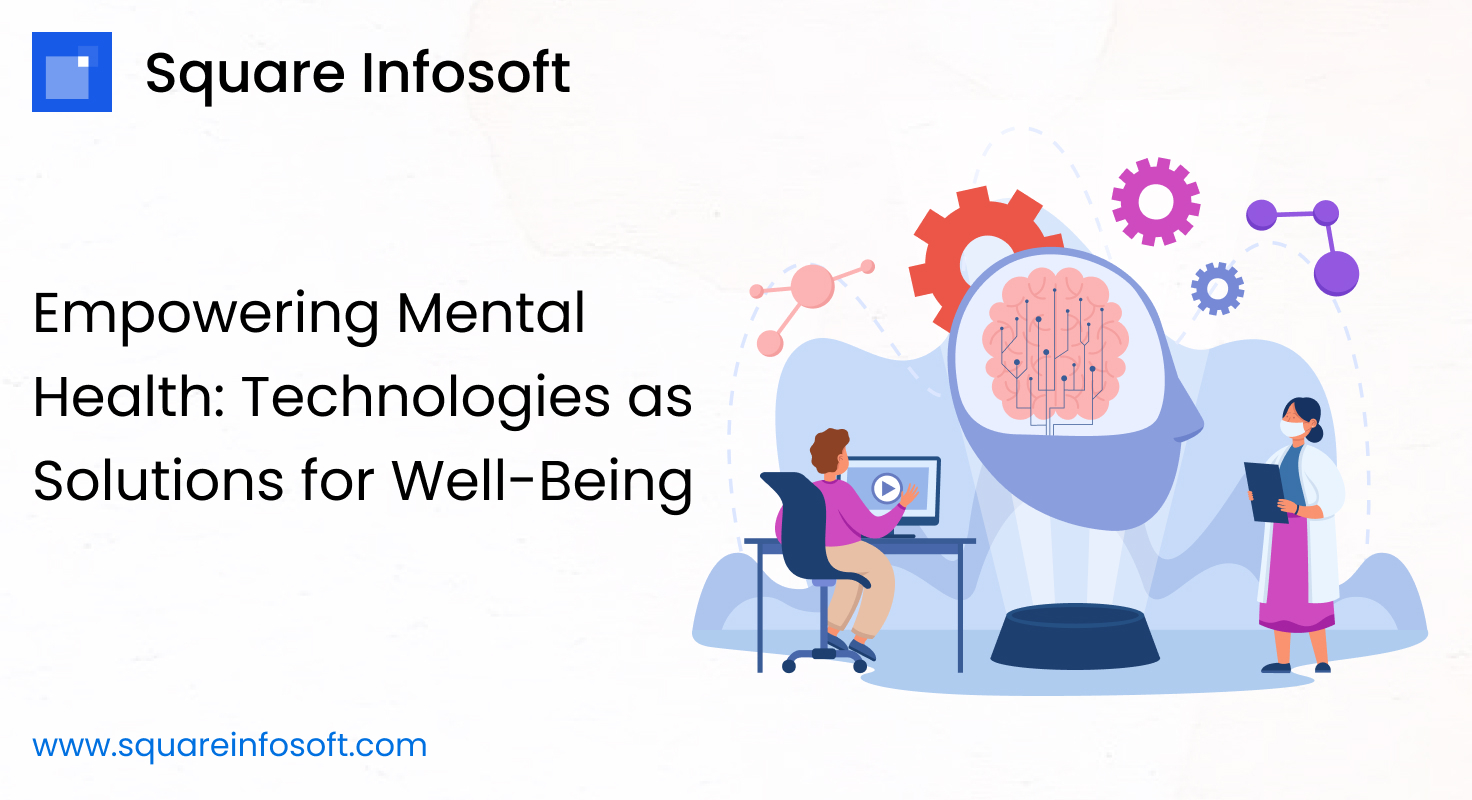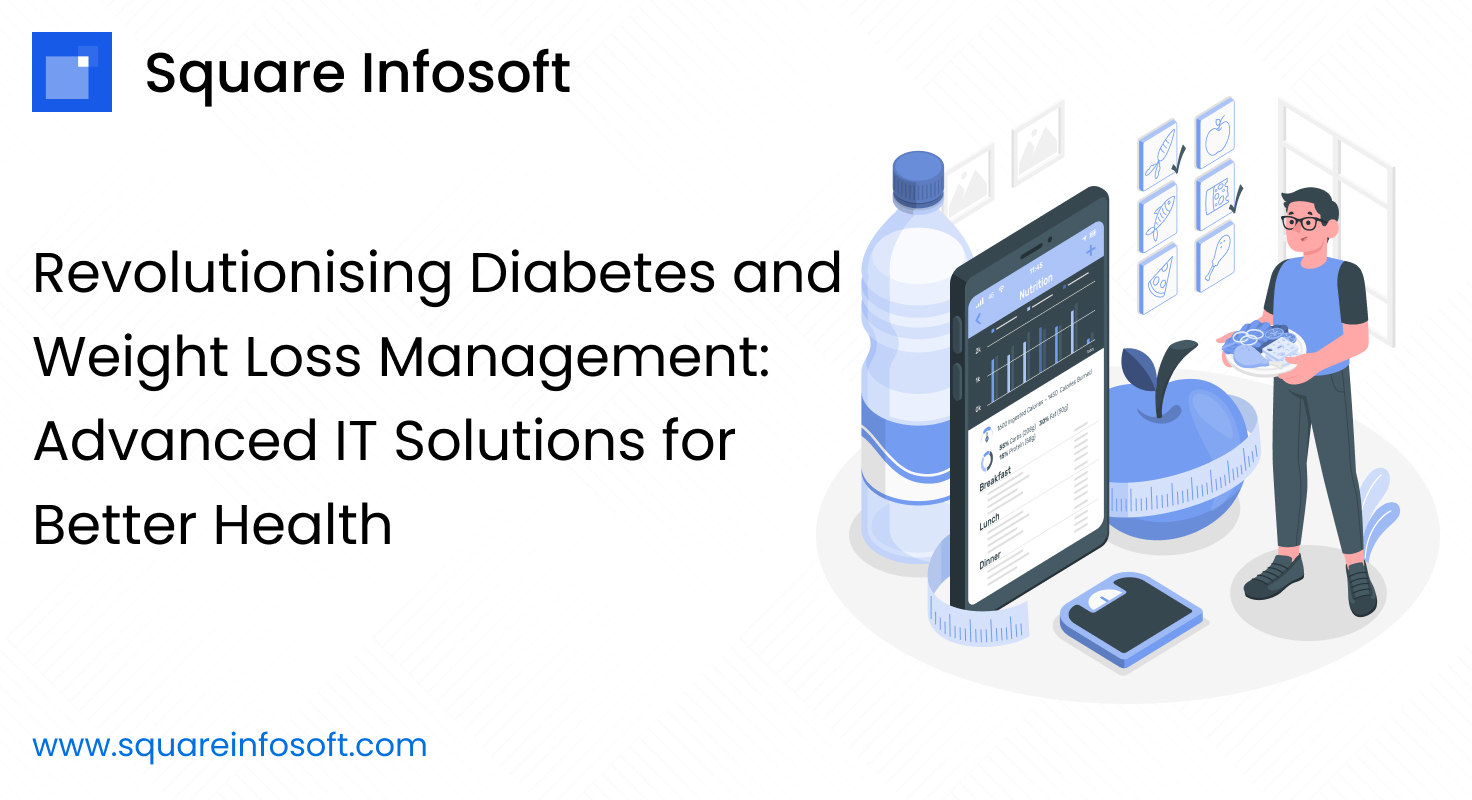In the rapidly evolving landscape of healthcare, the integration of technology has become paramount in improving patient care and streamlining operational efficiency. One such technological advancement making waves in the healthcare industry is the adoption of Customer Relationship Management (CRM) software tailored specifically for healthcare institutions. In this article, we delve into the significance of healthcare CRM software and how it plays a pivotal role in enhancing patient care.
1. Understanding Healthcare CRM Software:
Healthcare CRM software is a specialized system designed to manage interactions and relationships with patients, streamline administrative tasks, and optimize the delivery of healthcare services. Unlike traditional CRM systems, healthcare CRM software is tailored to meet the unique needs and regulatory requirements of the healthcare industry.
The process of understanding healthcare CRM software involves several key steps:
- Needs Assessment: The first step in understanding healthcare CRM software is to assess the specific needs and requirements of your healthcare organization. Identify pain points, inefficiencies, and areas for improvement in patient care and operational processes.
- Research and Exploration: Conduct thorough research on available healthcare CRM solutions in the market. Explore different vendors, their offerings, features, and pricing models. Consider factors such as scalability, integration capabilities, and user-friendliness.
- Feature Analysis: Evaluate the features and functionalities offered by healthcare CRM software. Look for features such as patient data management, appointment scheduling, automated reminders, telehealth capabilities, and patient communication tools. Assess how these features align with your organization’s needs and goals.
- Customization Options: Consider the level of customization offered by healthcare CRM software. Determine whether the software can be tailored to meet the specific workflows and preferences of your healthcare organization. Customization capabilities are essential for ensuring seamless integration with existing systems and processes.
- User Training and Support: Evaluate the training and support options provided by CRM vendors. Ensure that comprehensive training programs are available for healthcare staff to familiarize them with the software’s features and functionalities. Additionally, assess the vendor’s customer support services and response times to address any issues or concerns that may arise.
- Data Security and Compliance: Prioritize data security and compliance when selecting healthcare CRM software. Ensure that the software complies with industry regulations such as HIPAA (Health Insurance Portability and Accountability Act) to protect patient confidentiality and privacy. Assess the vendor’s security measures, encryption protocols, and data backup procedures.
- Integration Capabilities: Consider the integration capabilities of healthcare CRM software with other systems and applications used within your healthcare organization. Seamless integration with electronic health records (EHR) systems, practice management software, and billing systems is essential for efficient data exchange and workflow automation.
- Pilot Testing: Before fully implementing healthcare CRM software across your organization, consider conducting pilot testing with a smaller group of users or departments. This allows for real-world testing of the software’s functionality and identifies any potential issues or areas for improvement before full deployment.
2. Key Features of Healthcare CRM Software:
Patient Relationship Management: Healthcare CRM software enables healthcare providers to maintain comprehensive patient profiles, including medical history, treatment plans, appointments, and communication preferences. This centralized repository of patient data allows for personalized care delivery and efficient communication between healthcare professionals and patients.
Appointment Scheduling and Reminders: Streamlining appointment scheduling is essential for reducing no-shows and optimizing resource allocation. Healthcare CRM software automates appointment scheduling processes, sends appointment reminders to patients via email or SMS, and facilitates rescheduling as needed.
Referral Management: Referrals are a crucial aspect of patient care, especially in specialized healthcare settings. Healthcare CRM software allows healthcare providers to track and manage referrals seamlessly, ensuring timely follow-ups and coordination of care between different healthcare entities.
Marketing and Outreach: Healthcare CRM software enables targeted marketing campaigns to engage patients, promote health services, and increase patient retention. By analyzing patient data and preferences, healthcare organizations can tailor marketing efforts to specific patient demographics and healthcare needs.
Analytics and Reporting: Data-driven insights are instrumental in optimizing healthcare delivery and identifying areas for improvement. Healthcare CRM software provides robust analytics and reporting capabilities, allowing healthcare organizations to track key performance indicators, measure patient satisfaction, and make informed decisions to enhance patient care outcomes.
3. Advantages of Healthcare CRM Software:
Improved Patient Engagement: Healthcare CRM software fosters proactive patient engagement by enabling personalized communication, timely appointment reminders, and access to health resources. Engaged patients are more likely to adhere to treatment plans, leading to better health outcomes and patient satisfaction.
Enhanced Care Coordination: Seamless communication and collaboration among healthcare providers are essential for delivering coordinated care. Healthcare CRM software facilitates care coordination by centralizing patient information, facilitating secure communication channels, and automating referral workflows.
Efficient Administrative Processes: By automating administrative tasks such as appointment scheduling, patient registration, and billing processes, healthcare CRM software streamlines operations and reduces administrative burdens on healthcare staff. This allows healthcare professionals to focus more on patient care and less on paperwork.
Data-Driven Decision Making: Healthcare CRM software empowers healthcare organizations with actionable insights derived from patient data analytics. By leveraging these insights, healthcare providers can identify trends, predict patient needs, and tailor care plans to improve patient outcomes effectively.
Compliance and Security: Healthcare CRM software is designed to adhere to stringent healthcare regulations, such as the Health Insurance Portability and Accountability Act (HIPAA). Robust security measures, including data encryption, access controls, and audit trails, ensure the confidentiality and integrity of patient information, safeguarding patient privacy and compliance with regulatory requirements.
4. Implementing Healthcare CRM Software:
Assessment and Planning: Before implementing healthcare CRM software, healthcare organizations should conduct a thorough assessment of their existing processes, identify areas for improvement, and define their objectives and requirements. Collaborating with stakeholders and engaging end-users throughout the planning phase is critical for successful implementation.
Vendor Selection: Selecting the right healthcare CRM software vendor is crucial for ensuring compatibility with existing systems, scalability, and ongoing support. Healthcare organizations should evaluate vendors based on factors such as functionality, ease of integration, data security measures, and vendor reputation.
Training and Adoption: Comprehensive training programs should be provided to healthcare staff to familiarize them with the features and functionalities of the healthcare CRM software. Encouraging user adoption and addressing any concerns or challenges during the transition phase is essential for successful implementation and maximizing the benefits of the software.
Continuous Improvement: Healthcare CRM software implementation is an ongoing process that requires continuous monitoring, evaluation, and optimization. Regular feedback from end-users, performance assessments, and system updates are essential for ensuring the software remains aligned with evolving healthcare needs and industry standards.
5. Conclusion:
In conclusion, healthcare CRM software holds immense potential in revolutionizing patient care delivery by improving patient engagement, enhancing care coordination, streamlining administrative processes, and facilitating data-driven decision-making. By leveraging the features and advantages of healthcare CRM software, healthcare organizations can achieve better patient outcomes, operational efficiency, and overall healthcare quality. However, successful implementation requires careful planning, stakeholder involvement, and a commitment to ongoing improvement. As the healthcare industry continues to evolve, healthcare CRM software will play an increasingly vital role in shaping the future of patient care.
By embracing healthcare CRM software as a strategic tool for enhancing patient care, healthcare organizations can embark on a transformative journey towards delivering patient-centered, efficient, and high-quality healthcare services.




